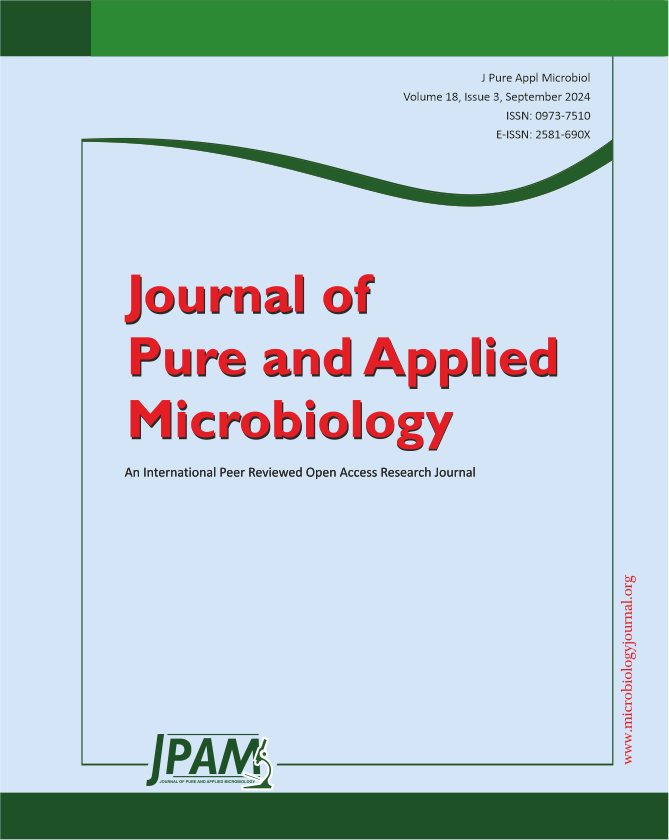Phytoestrogen-rich diet alters the composition of gut microbiota by enhancing the growth of beneficial bacteria and decreasing the microbial load of pathogenic organisms. Drosophila is an invertebrate model system used for research studies, as it shares 70% genetic homology with humans. The present study aimed to analyse microbiological profile of phytoestrogen rich supplement and its impact on gut-microbiome composition in Drosophila melanogaster. The phytoestrogen rich supplement was mixed with formula 424 plain and flies were exposed to it. Gut of flies was dissected and cell suspension was prepared. Bacterial colonies were developed by streaking method. Gram staining was performed to differentiate the bacterial cells and further gut microbiome composition (Acetobacteraceae and Lactobacillales taxa) was analysed by 16S rRNA sequencing. The microbiological analysis was carried out to ascertain the microbial load of the developed product for consumption. The total bacterial count and coliform counts of the phytoestrogen rich supplement were <10 CFU/g. Also, the developed supplement exhibited minimal yeast and mold growth (<1 CFU/g). Gram staining showed gram positive (Bacilli and cocci). 16S rRNA sequencing showed significance with mild variation in similarity. It confirmed the presence of Bacillus paramycoids. The developed supplement has showed improved gut microbiome composition in the Drosophila. In future, studies can be extended to humans to analyse the efficacy of the supplement in the gut microbiome composition.
Drosophila melanogaster, Phytoestrogen Supplement, Gut Microbiome
© The Author(s) 2024. Open Access. This article is distributed under the terms of the Creative Commons Attribution 4.0 International License which permits unrestricted use, sharing, distribution, and reproduction in any medium, provided you give appropriate credit to the original author(s) and the source, provide a link to the Creative Commons license, and indicate if changes were made.


